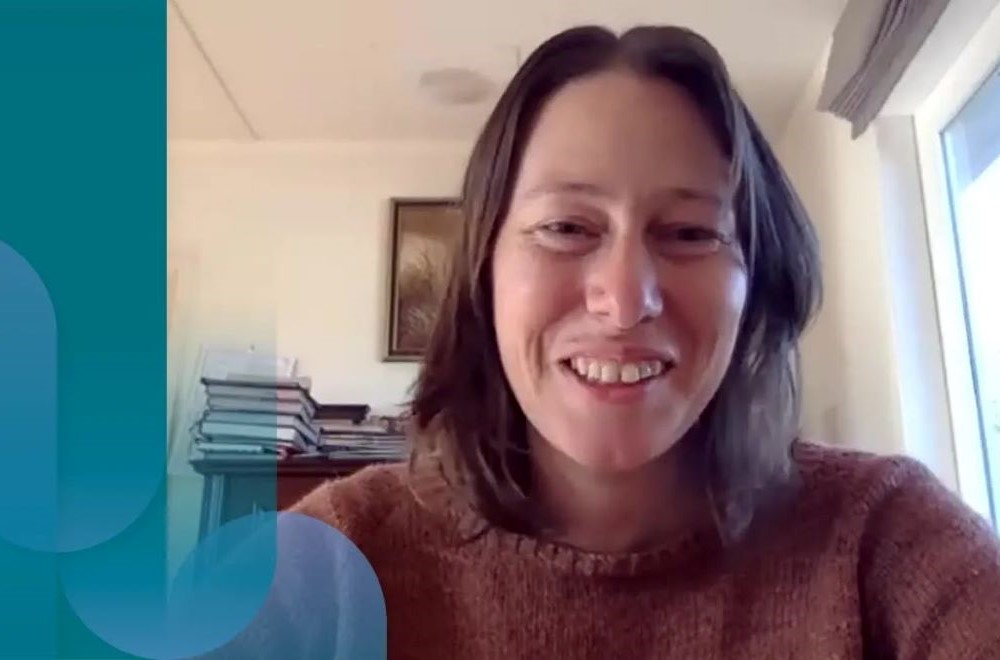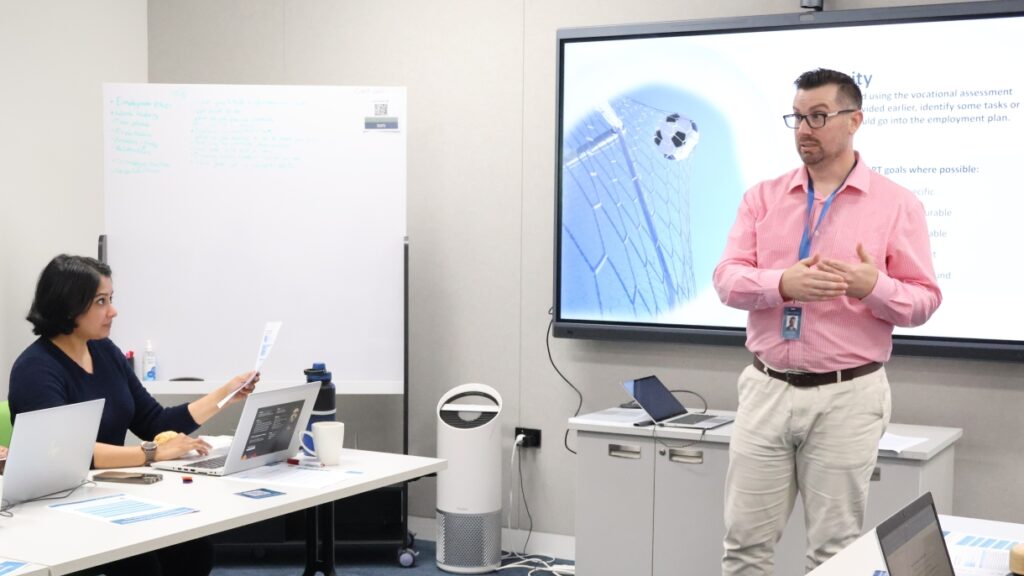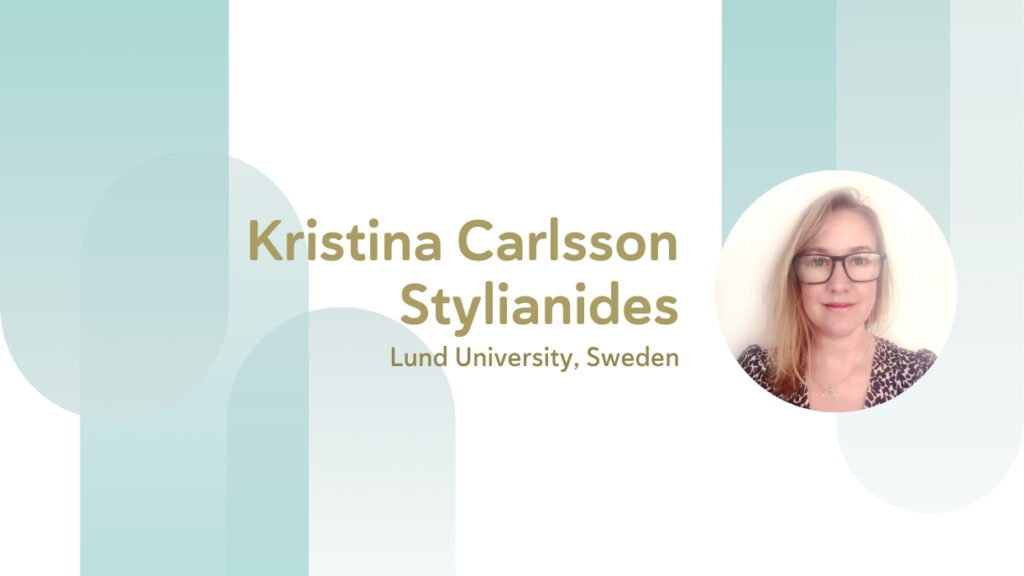Webinar: What works to support people with long-term conditions into work

Play video
Library type:
Keywords:
Work Counts was delighted to host a webinar in June 2020 with Dr Joanna (Jo) Fadyl and Associate Professor Dr Matire Harwood to share the findings from their work ‘Support for gaining employment for people with long-term conditions: A systematic review.’
Research and insights into what works
It was great to see so many people participate in our first webinar last week.
We would like to acknowledge and thank Dr Jo Fadyl and Associate Professor Dr Matire Harwood for sharing their research and insights on what works to support people with long-term conditions into employment.
More than 150 people joined from across education, health and social development, including employment and health practitioners, people with lived experience, researchers and policymakers.
Valuable findings
Jo and Matire provided an overview of their systematic literature review and a summary of the main findings.
They highlighted the rigorous research into the effectiveness of the individual placement and support (IPS) approach for people with experience of mental health conditions.
They also pointed to a lack of research for other health conditions and very few studies examining what works to support indigenous people living with long-term conditions into work.
Matire talked about the role of the Māori stakeholder reference group, and how they were positive about the IPS employment support approach, emphasising the need to build from and incorporate Māori values and perspectives in the context of implementing IPS in Aotearoa.
To ensure resonance for Māori, they advised a shift in language away from “individual” towards “personalised”, and increased involvement of whānau. Matire also discussed the value of adopting the wider concept of livelihood.
Feedback from the attendees
What people found most valuable included:
“That IPS works. I knew it does, but it is always great to hear of other studies confirming the fact.”
“That quantitative and especially qualitative research reinforces that IPS is an excellent employment service for people with mental health and addiction issues.”
“Having an indigenous researcher involved in research involving indigenous population.”
“First time that I have watched a webinar designed to help people with long term conditions. My mahi relates to this and everything said was pretty relevant and understandable. Congratulations on the obvious hard work that has gone into this presentation.”
About the presenters
Dr Jo Fadyl
Jo’s research focuses on vocational rehabilitation and work-ability, with a particular interest in critically examining the role of these practices in addressing marginalisation. Jo is deputy director of AUT’s Centre for Person Centred Research.
Associate Professor Dr Matire Harwood
Matire has a background in primary health care and rangahau hauora Māori. Matire is associate professor in the Department of General Practice and Primary Health Care at the University of Auckland School of Medicine, and a GP at Papakura Marae Health Clinic.
Find out more
Click the link above to view a recording of the webinar.


